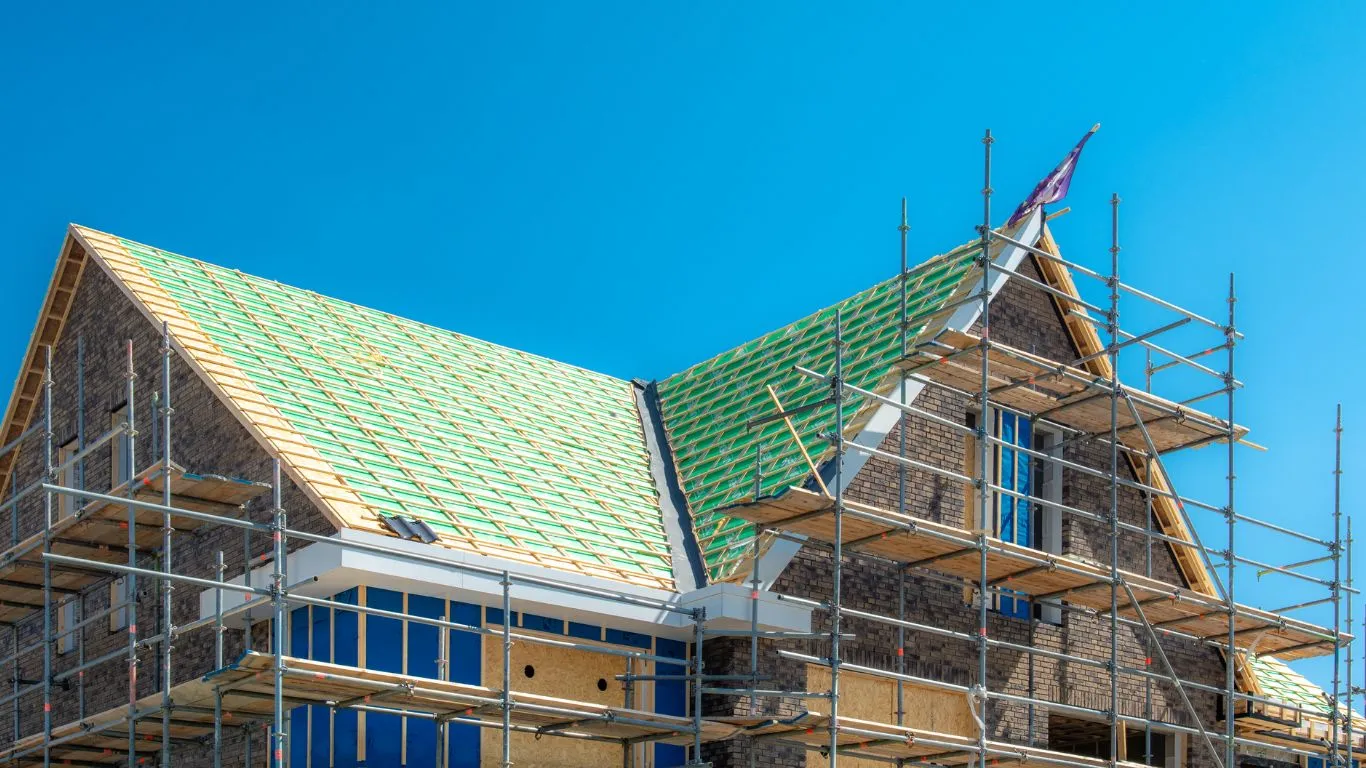Expert Advice for a Smooth Home Window Replacement
Replacing your home’s windows can have a significant impact on energy efficiency, curb appeal, and property value. However, the process of home window replacement can be overwhelming if you’re not prepared. To help you navigate this project, we’ve compiled expert advice on how to approach window replacement, from selecting the right windows to hiring the best professionals. Follow these tips to ensure a smooth and successful upgrade to your home.
Why Home Window Replacement Matters
Improved Energy Efficiency
The most compelling reason for replacing windows is the potential for improved energy efficiency. Older windows often lack proper insulation, causing drafts and heat loss in the winter. New, energy-efficient windows are designed to trap heat inside during the winter and keep the house cooler during the summer. This can significantly reduce your heating and cooling costs over time. Upgrading to energy-efficient windows can reduce your energy bills by up to 15%, especially if you’re switching from single-pane to double or triple-pane windows with low-E coatings and gas fills.
Enhanced Home Value
One of the major benefits of replacing your windows is the potential increase in your home’s value. New windows can enhance the look of your home and make it more appealing to prospective buyers. The energy efficiency gains also serve as an attractive selling point. As a result, many homeowners find that they can recoup a significant portion of the cost of their home window replacement when they sell their home. In fact, real estate experts estimate that you could get back as much as 70% to 80% of the cost of window replacement upon resale.
Better Comfort and Noise Reduction
Older windows often don’t provide the best insulation against outdoor noise. Replacing them with newer, high-quality windows can greatly improve indoor comfort by reducing outside noise, such as traffic, construction, or noisy neighbors. Modern window designs incorporate soundproofing materials that help create a quieter living environment. Whether you’re looking to enhance your comfort or reduce distractions, this is an important benefit of home window replacement.
Increased Security
Newer windows come equipped with stronger locking mechanisms, shatter-resistant glass, and improved structural integrity. This means that installing new windows can provide enhanced security for your home. Whether it’s a potential intruder or a stormy day, modern windows are designed to offer better protection from break-ins and extreme weather conditions. Opting for windows with reinforced glass, or impact-resistant frames can give you peace of mind, knowing your family is safer.
Steps for a Smooth Home Window Replacement
1. Assess Your Window Needs
Before you start the window replacement process, it’s important to assess your needs. Start by examining the current state of your windows. Do they have visible damage like cracks or warping? Are you experiencing drafts, condensation between panes, or difficulty opening and closing them? If you notice any of these issues, it’s time for a home window replacement. If the damage is minor, you might only need to repair or replace specific parts, such as the weather stripping or sashes.
2. Choose the Right Window Type
When selecting new windows, you’ll need to choose the style that best suits your home and its needs. Some of the most popular window styles include:
- Double-hung windows – A classic, versatile option with two operable sashes.
- Casement windows – Great for natural ventilation as they open outward with a crank handle.
- Sliding windows – Modern and space-saving, with panels that slide horizontally.
- Bay or bow windows – Adds a unique architectural element while creating additional interior space.
- Picture windows – Provides expansive, unobstructed views of the outdoors.
- Awning windows – Opens outward from the bottom and is ideal for rainy climates where you still want ventilation.
3. Select the Best Materials
The material you choose for your windows plays a big role in the overall appearance, insulation, and durability of your windows. Common window frame materials include:
- Vinyl – Known for being affordable, energy-efficient, and low-maintenance.
- Wood – Offers a natural aesthetic but requires more maintenance.
- Aluminum – Durable but not as energy-efficient as other materials.
- Fiberglass – Highly durable and energy-efficient but can be more expensive.
- Composite – A combination of materials, such as wood and plastic, offering a balance of durability and aesthetic appeal.
4. Find a Reliable Window Replacement Company
Once you’ve selected the right windows for your home, the next step is hiring a reputable contractor. Choosing a professional to install your new windows is crucial for ensuring that the project runs smoothly and that the windows function as they should. Look for home window replacement specialists who have a proven track record, proper licensing and insurance, and solid customer reviews. You should also ask about warranties on the windows and installation. A reliable company will stand behind its work and offer long-term support.
5. Understand the Installation Process
A professional window installation process typically includes the following steps:
- Removal of the old windows carefully to avoid damage to surrounding areas.
- Preparing the opening for the new windows to ensure a proper fit.
- Installing the new windows and ensuring that they are level, secure, and properly sealed.
- Insulating around the windows to improve energy efficiency.
- A final inspection and cleanup to ensure everything is in working order.
6. Plan for Maintenance and Upkeep
Proper maintenance can extend the lifespan of your windows. Regular cleaning with mild soap and water will help prevent dirt and grime buildup. Inspect the seals and caulking around your windows periodically to ensure they remain airtight and water-resistant. Lubricate the moving parts like locks, tracks, and hinges to keep everything functioning smoothly.
Common Mistakes to Avoid During Window Replacement
Choosing the Cheapest Option
Opting for the least expensive windows might save money initially but could lead to higher energy bills, more frequent repairs, or early replacements. It’s important to invest in quality windows to ensure long-term performance and durability.
Ignoring Energy Ratings
It’s essential to check the energy ratings of the windows you choose. Look for ENERGY STAR certification or similar ratings that indicate a window’s ability to insulate your home effectively. Poor insulation can result in higher energy bills and uncomfortable living conditions.
DIY Installation Without Experience
Installing windows is not a DIY project unless you have professional experience. Incorrect installation can lead to air leaks, water damage, and decreased energy efficiency. It’s best to hire a professional who can guarantee a proper installation and offer a warranty.
Not Checking Local Building Codes
Each region has specific building codes and regulations that apply to window installation. Be sure to check these codes to avoid fines and complications later on.
Overlooking Ventilation Needs
Consider how new windows will affect your home’s airflow. Opting for windows that can be easily opened and closed helps ensure that your home maintains proper ventilation and air quality.
FAQs
How much does home window replacement cost?
Costs vary depending on the type of windows, materials, and the number of windows being replaced. Expect to pay anywhere from $300 to $1,200 per window, including installation.
How long does home window replacement take?
Most projects can be completed within one or two days, depending on the number of windows being replaced.
Can I replace my windows myself?
While DIY installation is possible, hiring professionals ensures better quality, proper insulation, and warranty coverage.
When is the best time for home window replacement?
Spring and fall are the best times for window replacement, as temperatures are mild and ideal for the installation process.
Conclusion
Home window replacement is an investment that can lead to long-term benefits, including improved energy efficiency, increased home value, and enhanced comfort. By following the expert advice above, you’ll be well on your way to achieving a successful window replacement. Whether you’re looking to update your home’s appearance, improve energy savings, or enhance security, replacing your windows will help you achieve these goals.







